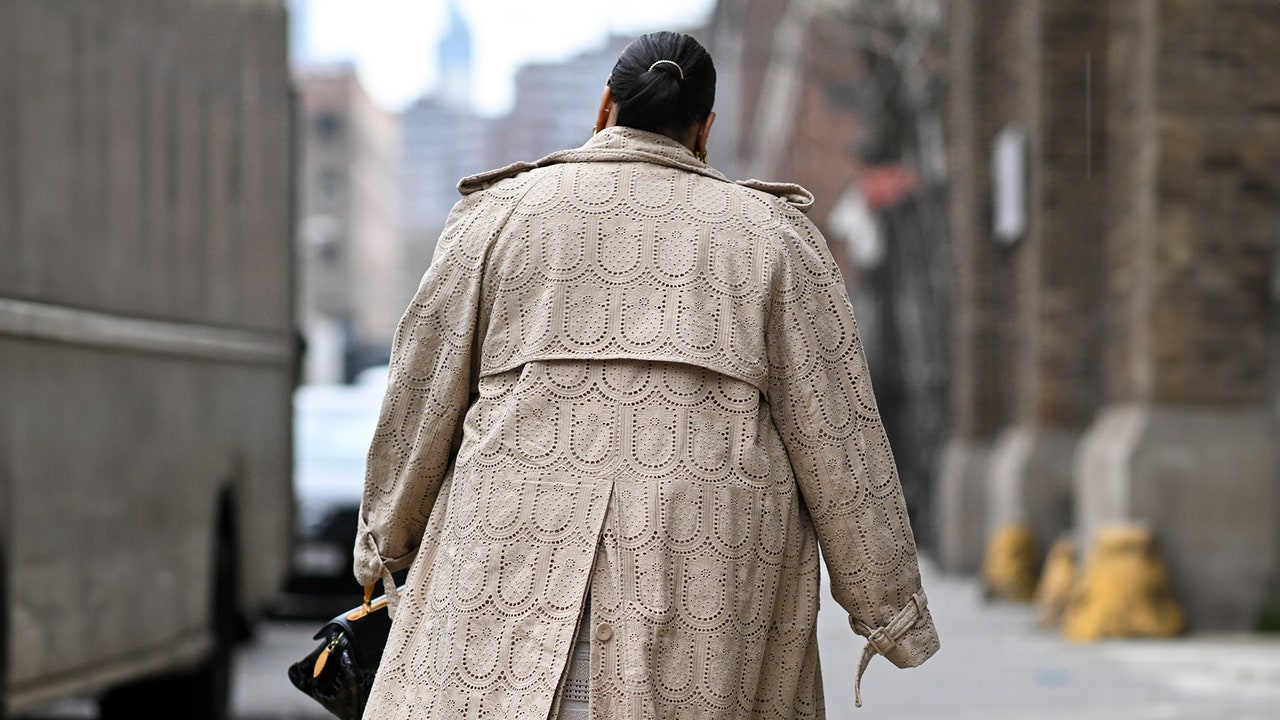
Waking up with anxiety is brutal proof that your brain knows no bounds: even when your head is still on your pillow, and nothing has happened yet, that uneasy feeling can rush in. This contrast between your surroundings and internal state can be super disconcerting, Elisabeth Morray, a licensed psychologist, says. “On the one hand, this is the time when you’re literally the safest, and on the other, you can feel very unsafe mentally.”
To be sure, not everyone who experiences anxiety will get a hit of it first thing; it’s also plenty common for it to strike at night and send you into an overthinking spiral that strips you of restful sleep. But for those who deal with the morning variety, a few particular factors are often to blame. Read on to learn why you might be waking up with anxiety already brewing and how to both squash it in the moment and keep it from coming back.
Why you may be waking up with anxiety
It’s a rare time when you’re alone with your thoughts.
Chances are, the moment that your brain snaps into consciousness, there isn’t much else going on around you. At least compared to other points in the day (during which you might be, say, in meetings, fielding requests from friends or family, or commuting), when you’re still lying in bed, you’re less occupied, Dr. Morray says. And in the absence of all that external buzz, your internal thoughts and feelings can be a lot louder, she says: “It may be that the anxiety is always there, but you’re more aware of or attuned to it when you don’t have all the normal daytime distractions.”
You had a rough night of sleep.
It’s no secret that poor sleep can leave you grumpy and ready to flip out at even the most minor inconvenience. The reason for that: Lack of shut-eye limits your brain’s ability to control its emotion processing and regulating centre, which leaves you less tolerant of stressors, Shelby Harris, a sleep psychologist and the author of The Women’s Guide to Overcoming Insomnia, says. And that includes any flustering news, pings, or emails you might encounter first thing.
Making things worse, a night of crappy sleep can increase the amount of cortisol, a stress hormone, pumping through your blood. While cortisol levels naturally peak in the morning to help you get up and at ’em, some research suggests that missing out on sleep could make that early spike (called the cortisol awakening response) bigger than usual — leaving you primed for a more anxious start to the day, Dr. Harris says. It’s no wonder research has also found a direct link between shortened sleep and higher morning anxiety levels in people with generalised anxiety disorder (GAD), a condition marked by persistent and excessive worry (at any hour).
You’re dreading the demands of the day ahead.
If your day is a mountain of to-dos you have to climb, morning is basically the equivalent of standing at the base — daunting as hell. It’s easy to get caught up worrying about stressful situations that you expect will cause you discomfort later on, or tasks you’ve been avoiding, Dr. Morray explains.
Over time, if you spend enough mornings ruminating about the items on your to-do list, you’ll wind up training your brain to get anxious as soon as your eyes open, says Debra Kissen, a clinical psychologist. So even if there’s nothing major or negative looming ahead of you on a particular day, you may still fear or dread mornings based on past experiences.
What to do if you wake up frazzled
Relocate from your bed.
If you find yourself panicking the second you wake up, your first step is to change your physical positioning. Just getting up and moving to another room will offer your brain some fresh stimuli that can shift your mental perspective — particularly if you’ve started associating your bed with worrying, Dr. Kissen says. “The world will feel different in a different room, and when you’re standing versus lying down,” she explains.
Use your breath to get grounded.
As in any scenario when you find yourself spiralling, turning to a physical grounding technique here can be an immediate balm. Some of these soothing tactics require nothing more than your breath to bring your mind back to the present moment and reduce physical symptoms of anxiety like a speedy heart rate, shortness of breath, and clammy palms.



